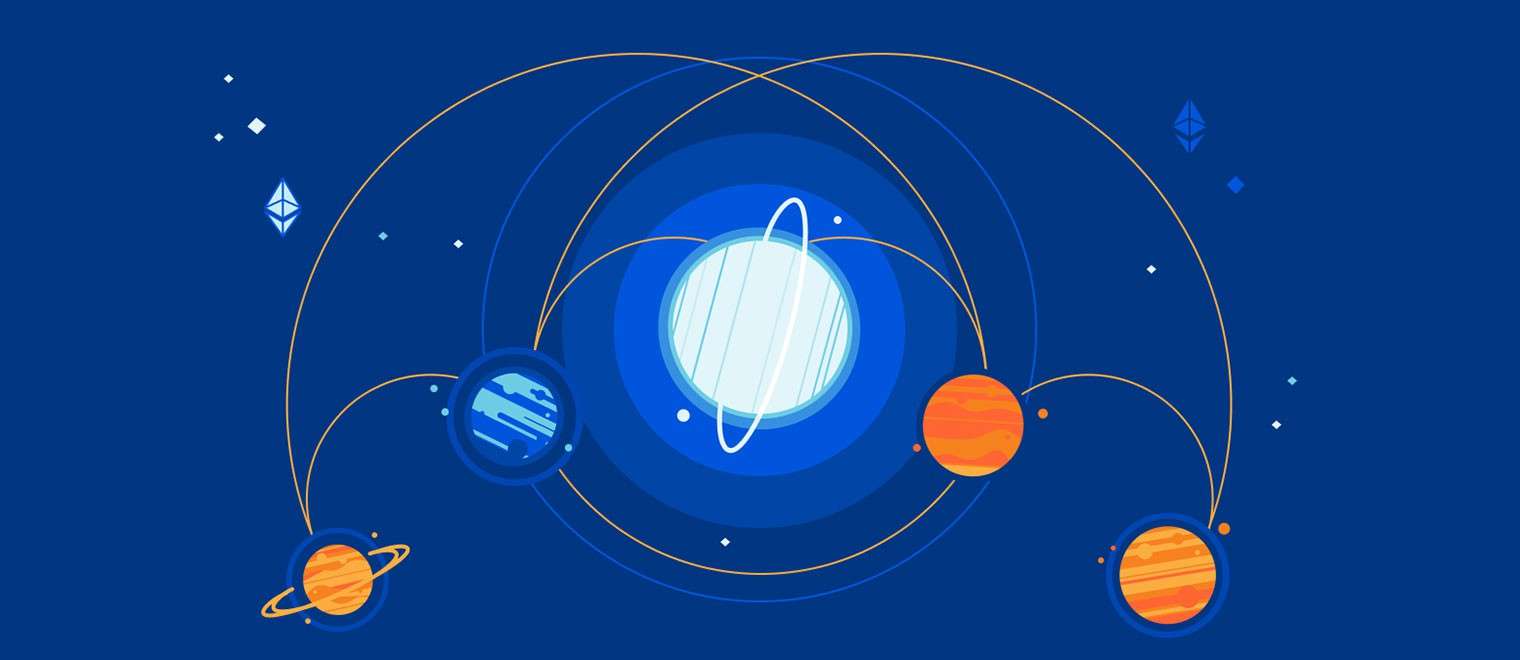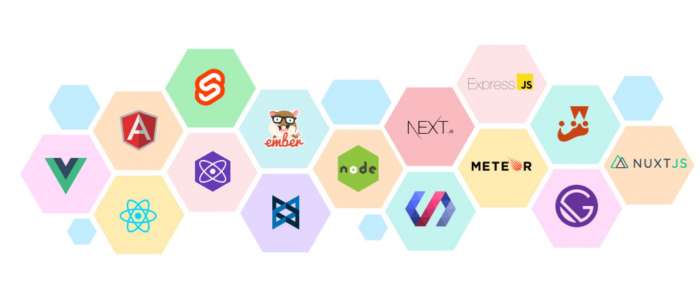IdeaGlory
Exploring Decentralized Web Development Opportunities
The Rise of Web3
The Rise of Web3

In recent years, decentralized web development has emerged as a disruptive force in the digital landscape, offering innovative solutions to some of the inherent challenges of centralized systems. By leveraging blockchain technology and decentralized protocols, developers now have the opportunity to build applications and platforms that prioritize privacy, security, and user control. In this comprehensive guide, we'll delve into the world of decentralized web development, explore its opportunities, and uncover the potential it holds for the future of the internet.
Decentralized web development refers to the process of building applications and platforms that operate on decentralized networks rather than traditional centralized servers. At the heart of decentralized web development are blockchain technology and decentralized protocols, which enable peer-to-peer interactions, data ownership, and censorship resistance.
Scalability: Scalability remains a challenge for decentralized web development, as blockchain networks face limitations in transaction throughput and processing capacity. Solutions such as layer 2 scaling and sharding are being explored to address scalability issues.
User Experience: User experience can be a barrier to adoption for decentralized applications, as they often require users to manage cryptographic keys and interact with unfamiliar interfaces. Improving user experience and onboarding processes is essential for mainstream adoption of decentralized applications.
Regulatory Compliance: Regulatory uncertainty and compliance requirements pose challenges for decentralized web development, particularly in sectors such as finance and governance. Developers must navigate legal and regulatory frameworks to ensure compliance with applicable laws and regulations.
Decentralized web development represents a paradigm shift in the way we build and interact with digital applications and platforms. By leveraging blockchain technology and decentralized protocols, developers have the opportunity to create applications that prioritize privacy, security, and user control. Whether it's building decentralized finance platforms, social networks, or digital marketplaces, decentralized web development offers endless possibilities for innovation and disruption in the digital landscape. Embrace the opportunities of decentralized web development and join the movement towards a more open, transparent, and equitable internet for all.

In the ever-evolving landscape of web development, choosing the right JavaScript framework is a critical…

In the ever-evolving landscape of web design, captivating user attention is crucial. One powerful tool…